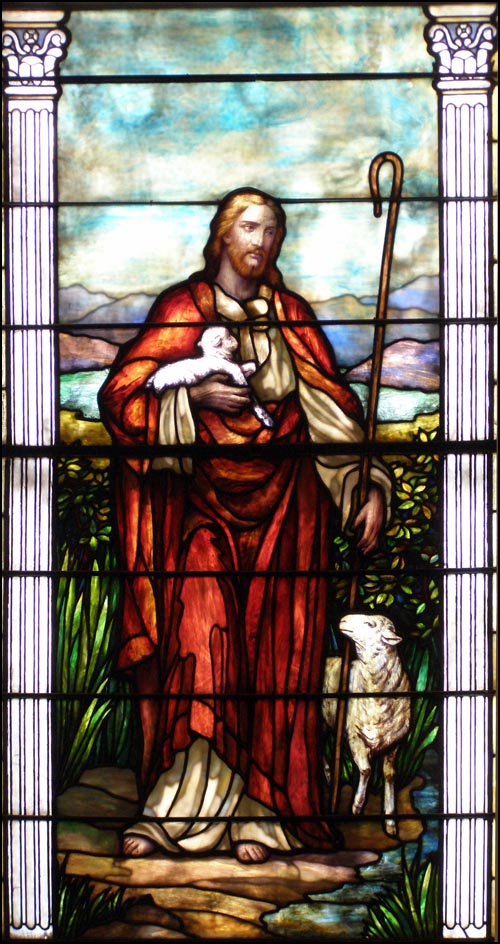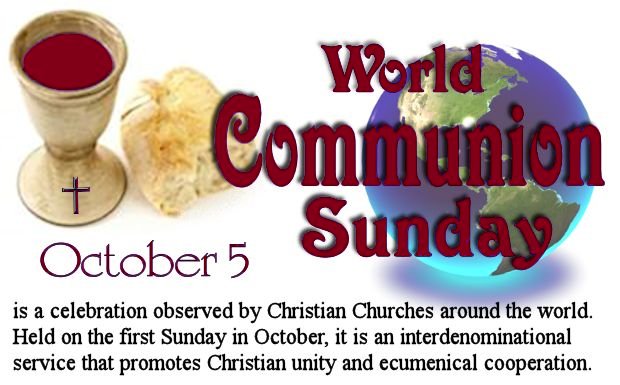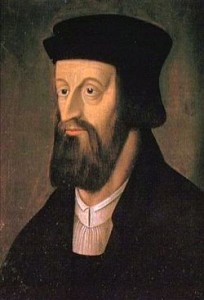There is no service of worship more characteristically “Moravian” than those based upon our Easter Morning Liturgy. Indeed, so central is it that Moravians often self-identify as “Easter people,” not because they believe they have any special claim to the promise of resurrection, but rather because the celebration of God’s raising of Jesus from the dead embodies the core of our faith and hope. How stirring it is to be among a congregation when the pastor’s profession: “The Lord is risen!” is answered by massed voices responding “The Lord is risen indeed!” I cherish childhood memories of Easter Dawn services outside of Home Moravian Church in Winston-Salem, NC where over ten thousand persons voiced those words.
Yet as moving as such collective affirmations of faith are, they are no substitute for our individual experience of relationship with God through the risen Christ. An account of an exchange between Moravian Bishop August Spangenberg and a young John Wesley during the height of a violent storm at sea on the voyage to America brings the matter into sharp focus. Spangenberg asked Wesley, “Do you know Jesus Christ?” Wesley replied, “I know he is Savior of the world.” “True,” said Spangenberg, “but do you know that he has saved you?” It is one thing to profess the Lord is risen in a crowd on Easter morning; it is quite another to profess it at home with just as much hope, joy, and faith in the midst of this present storm. Yet that is the challenge – and the gift – of these times. Alone or in small family groups we have the time to ponder what we really believe and to make it our own.
It is worth remembering that according to the Gospel of John, Mary Magdalene was alone when the miracle of the Resurrection was revealed to her. Though she testified to the other disciples regarding what she had seen, they had to go and see for themselves. Though we traditionally celebrate Easter together, the truth at its heart must be discovered and owned by each of us individually. That truth – that the light shines in the darkness and the darkness shall not overcome it; that the power of death, sin, and separation has been broken by God; that hope shall prevail over despair – is not diminished by our inability to gather together. Rather it becomes all the more necessary and compelling.
As I write, the flowers spring from the ground, the trees bud and bloom, and life in the natural world goes on. So too, Easter will come. We will celebrate the best we can on the day of Resurrection – remote from one another in body yet close in spirit and heart. Even if there is no one else to hear it, even if unuttered, I invite you to lift your heart to God on Easter morning and know that the Lord is risen indeed!
Easter Blessing to You All,
Pastor Derek




